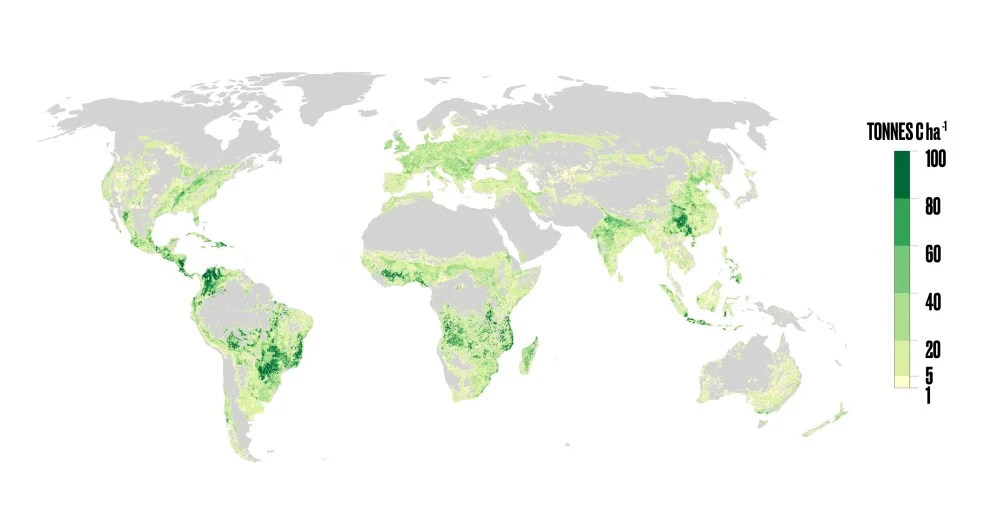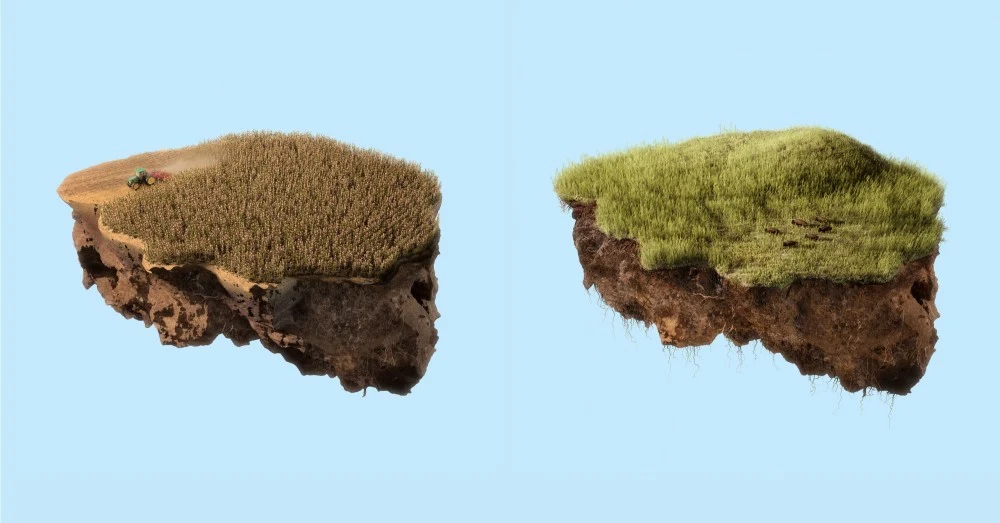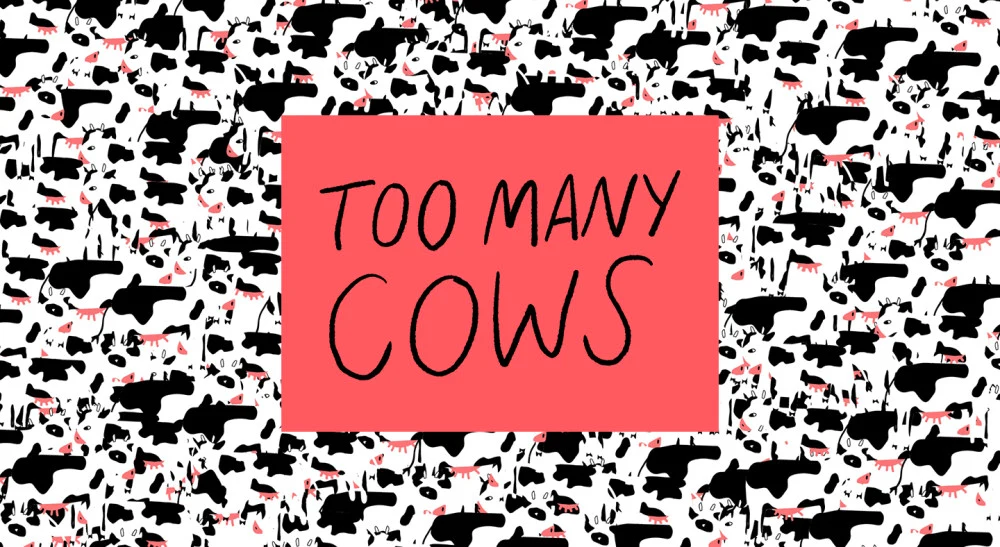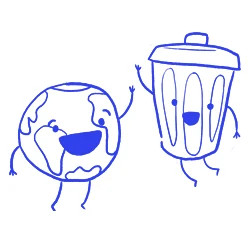
IMPACT REPORT 2019
(SETTING THE STAGE)
IF NOT US, THEN WHO?
Animal agriculture is finally being recognized for what it is: a destructive and unnecessary technology. Yet global demand continues to surge, along with its catastrophic impact on climate, water resources, biodiversity and ecosystem integrity. Awareness isn’t enough; we need urgent action. We have a simple mission: to replace the need for animals as a food-production technology – globally, by 2035. To hit our goals, we’ll need to double our impact every year for the next 16 years. It’s 2019, and there’s no time to waste.




(OUR GROWTH)
GREEN GOES MAINSTREAM
Our mission demands relentless growth every year. And that means making the Impossible Burger available to mainstream, mass-market consumers around the world. Since our 2016 launch, demand for the Impossible Burger has exploded. The next generation of global influencers, food lovers, and activists have spoken: they’re mobilized and hungry for change.
(Let's Take Action)
Now or Never
Today, most leading climate scientists and thought leaders recognize the urgency to transition from animals to plants at the center of our global food system. But identifying the problem isn’t enough – we need shared, measurable progress against it.

Carbon capture of a world without livestock
In 2018, we received the United Nations Environment Planetary Health Champion of the Earth Award – the highest environmental honor awarded by the UN, shared with another plant-based meat-provider. In 2019, we joined the UN Global Compact, pledging our commitment to the organization’s 10 principles of corporate sustainability, including: Life on Land, Zero Hunger, Climate Action, Clean Water, Biodiversity and Good Health and Wellbeing.

By reducing our agricultural footprint, we can restore our natural grasslands and the ecosystems within them
In 2019, the EAT-Lancet Commission on Food, Planet, Health – in partnership with over 30 leading scientists from around the world – launched a report that represents both a call to action and scientific consensus on healthy and sustainable diets. The dietary transformations advocated in the report are essential for averting ecosystem collapse, provided the right products are available. And we intend to offer those products, starting with the Impossible Burger.

When tropical rainforests are cleared for pasture, carbon is released and biodiversity plummets – keeping livestock out means keeping forests safe
With the launch of the new Impossible Burger recipe in January 2019, we worked with Quantis to carry out an updated life cycle assessment (LCA) to understand the sources of our own environmental impact – and rigorously compare it to the environmental impact of ground beef from cows. The impacts of an Impossible Burger are vastly lower: 87% less water use, 96% less land use, 89% fewer GHG emissions, and 92% less dead-zone creating nutrient pollution than ground beef from cows.

(THE TRUTH)
BUT WHAT ABOUT GRASSFED?
Iterating on animal farming won’t stop the climate crisis, nor will it alleviate rampant deforestation or natural resource depletion. To safely, securely and sustainably feed another 2 billion citizens of Earth, we need to transform demand for farmed animals into demand for meat, dairy and fish from plants – whether they’re Impossible or not.




(MANUFACTURING)
OUR WATER FOOTPRINT
As a California-based company, we’re acutely aware that water is precious. We’re also determined to keep our own footprint as low as possible – for all aspects of our manufacturing processes – to support long-term business resilience.

(ON OUR WAY)
ZERO WASTE JOURNEY
Our Manufacturing team is working toward our US Green Business Council (USGBC) Zero Waste Certification – even as production surges and unexpected systems change. Our Environmental Health and Safety team have their eyes on the prize: 90% average landfill diversion and a robust suite of waste reduction tactics and training programs.
TEAM AND COMMUNITY
We’re early in our journey, but we strive to build the most inclusive, diverse and supportive places to work.